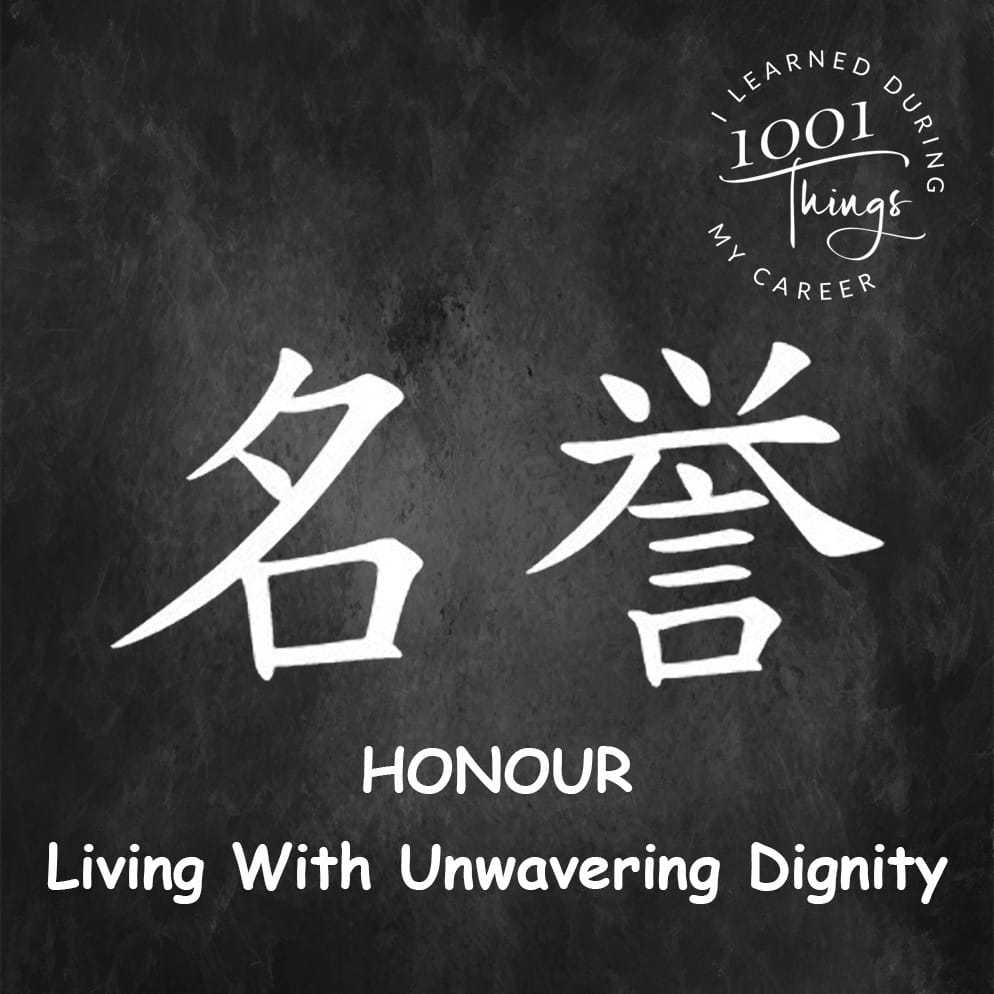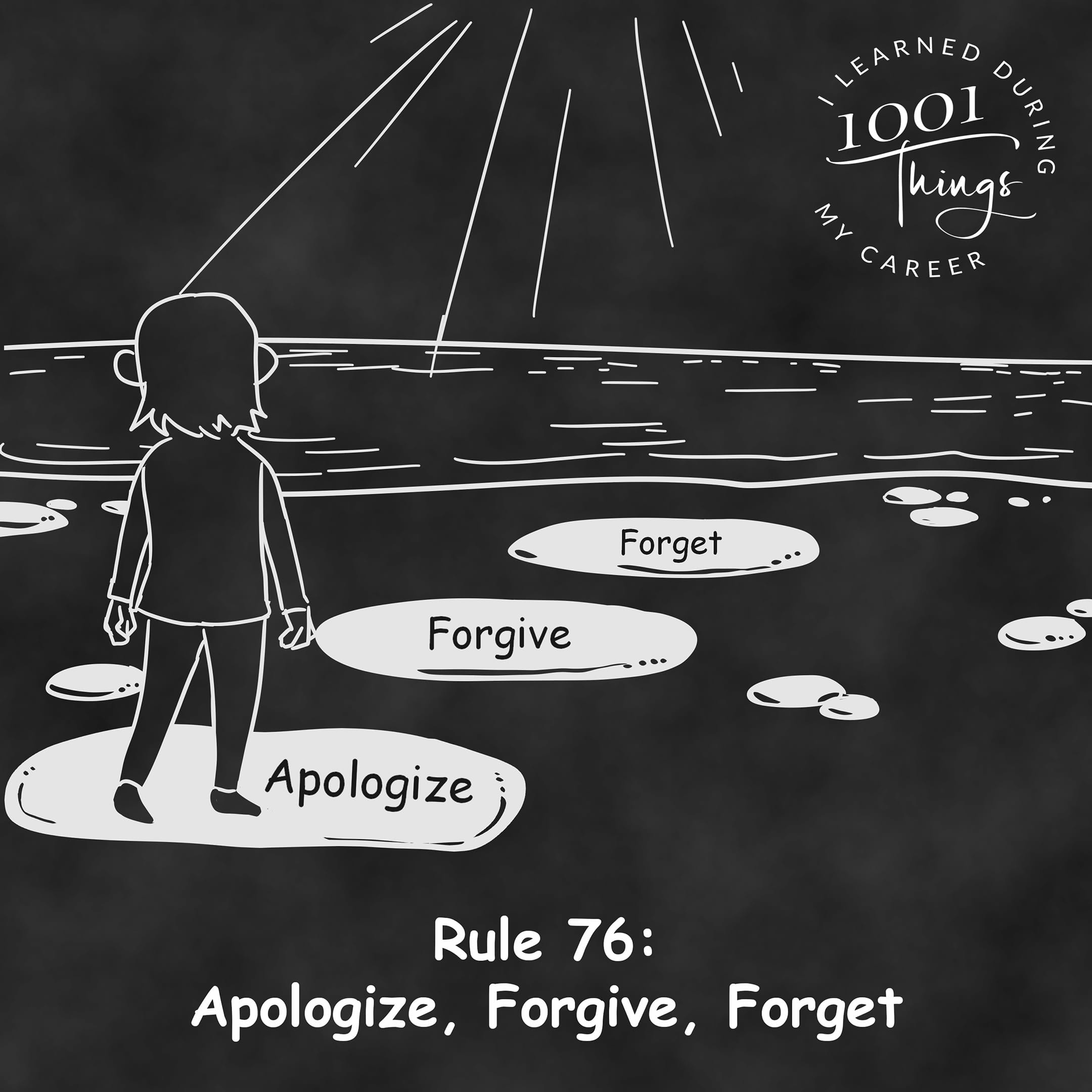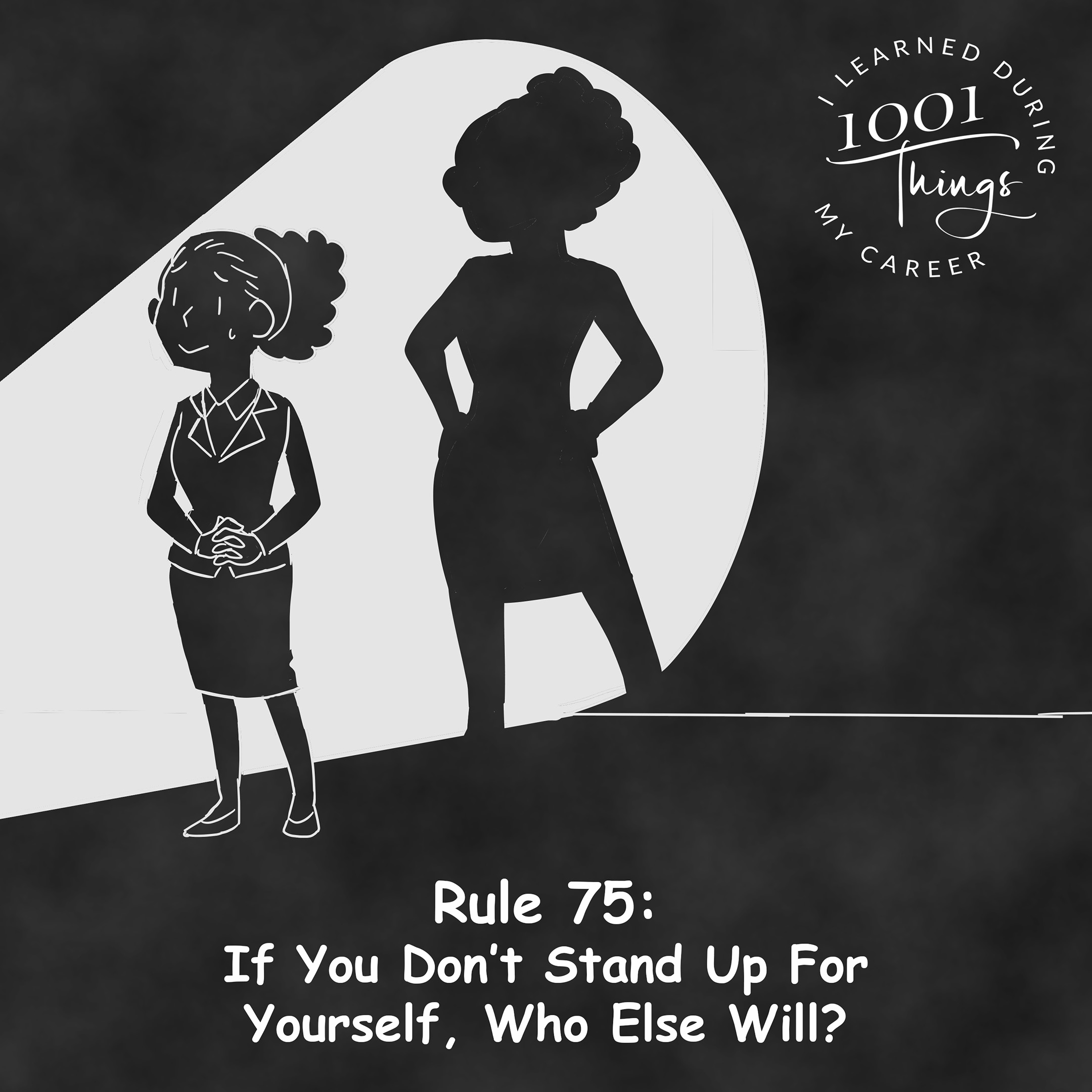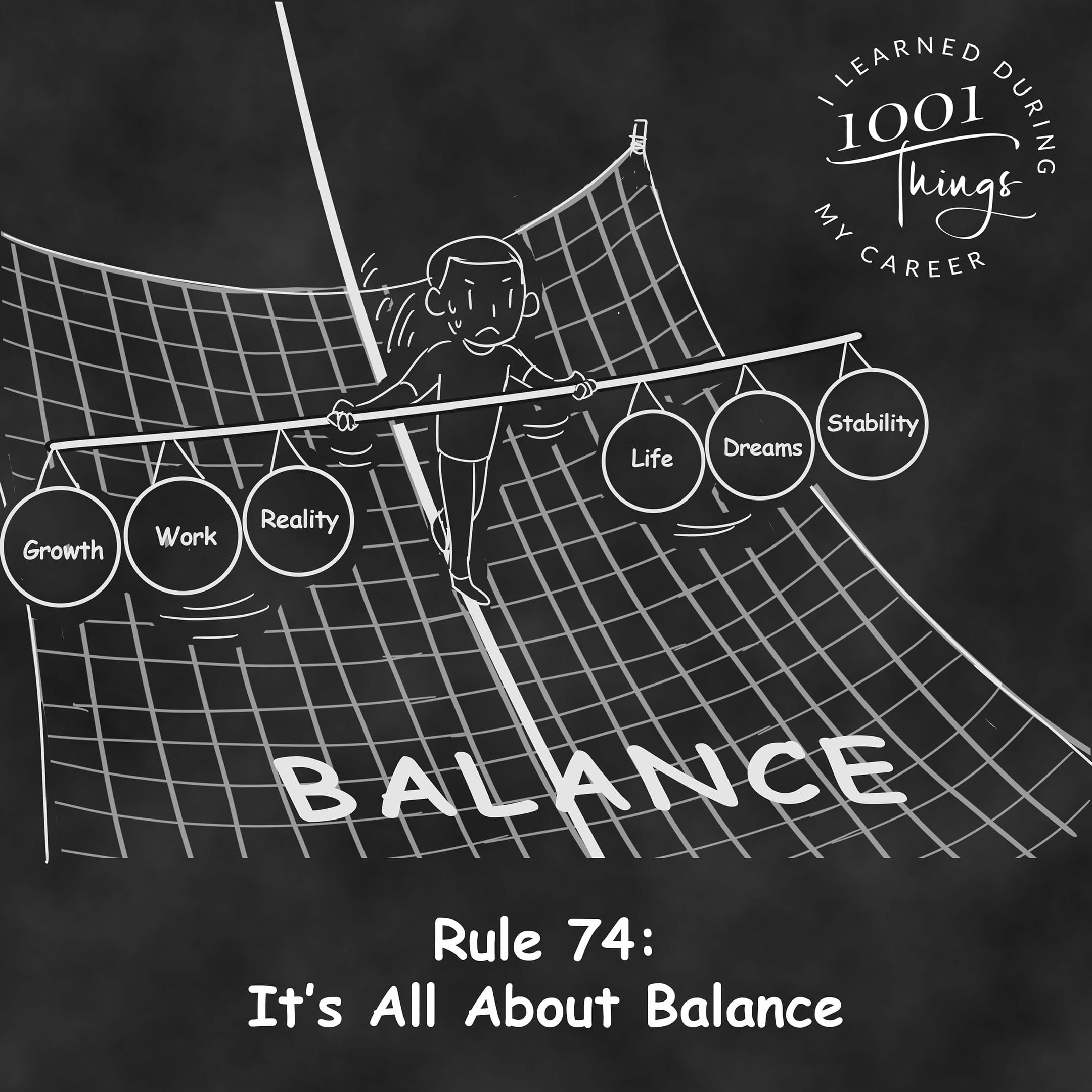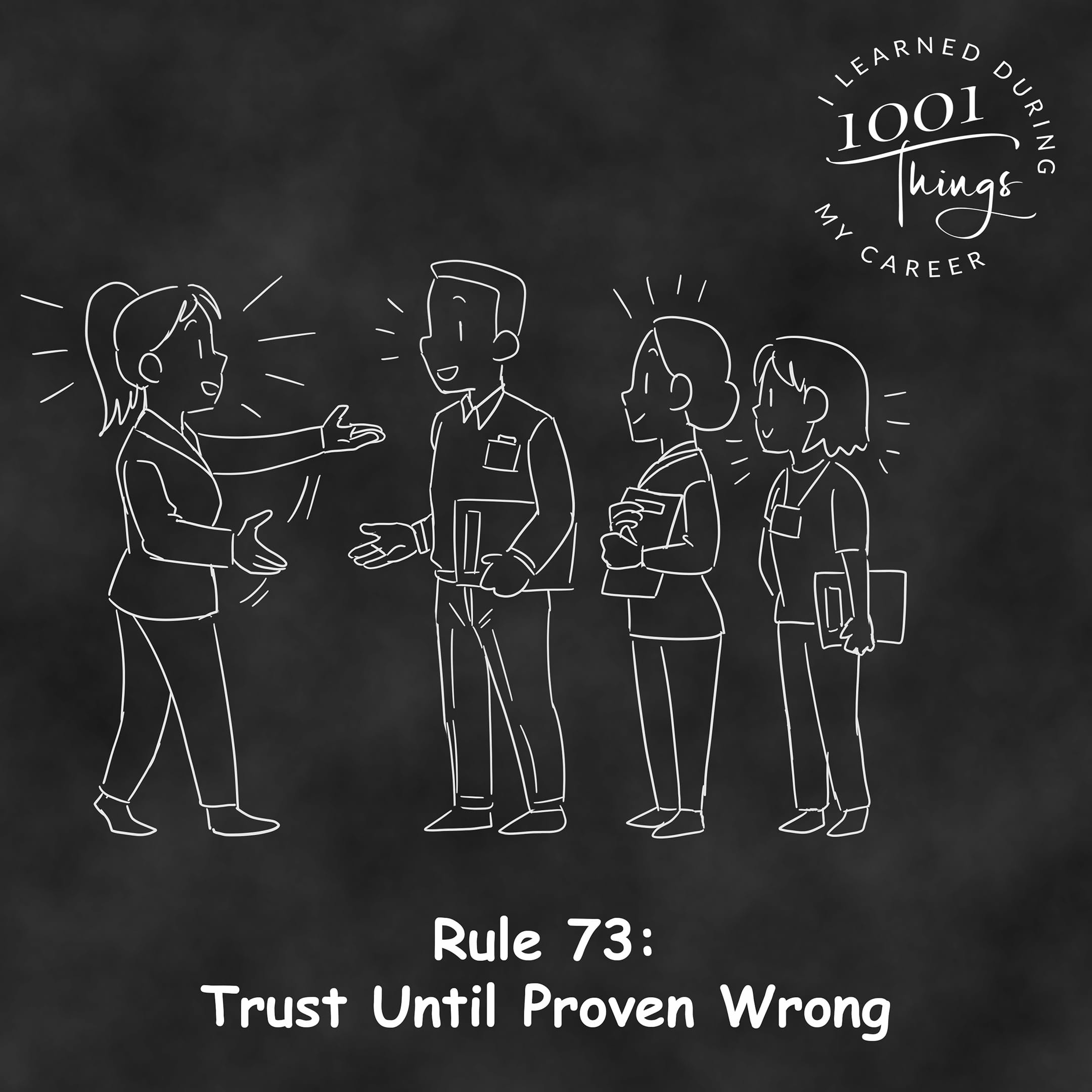Honor is the silent force that defines great leaders. In Bushido, Meiyo (名誉) represents an unwavering commitment to living with dignity and ensuring that one’s actions reflect their values. Samurai saw honor as more than reputation: it was a reflection of their inner character, one that had to be upheld at all costs. To act dishonorably was to lose one’s purpose, one’s standing in society, and sometimes even one’s life.
A leader who values honor does not cut corners, betray trust, or act out of self-interest. Instead, they lead with a deep sense of responsibility, knowing that their actions set the tone for others. True honor in leadership is about consistently making choices that align with integrity, even when no one is watching. It is about leading with a sense of duty and responsibility toward others, rather than simply chasing personal gain.
One of the greatest examples of honor in business is Narayan Murthy, the founder of Infosys: he built the company on the foundation of ethical leadership, transparency, and respect for all stakeholders, ensuring that honor guided every major decision. His leadership created a globally respected brand that remains synonymous with integrity. Even in times of economic hardship, Murthy refused to compromise on ethical practices, demonstrating that honor is about standing firm in one’s values, regardless of circumstances.
In politics, George Washington embodied honor throughout his career: he voluntarily stepped down after two terms as U.S. president, setting a precedent for democratic leadership instead of dictatorship. His decision reinforced the principles of honorable governance and selfless leadership. Washington’s actions established an enduring standard for future leaders, proving that true honor is not about power but about service.
As you reflect on Meiyo, ask yourself:
- Do I make decisions that reflect my values, even when under pressure?
- Do I consider the long-term impact of my actions on my reputation and legacy?
- Do I uphold the standards of honor in both my personal and professional life?
Honor is not about seeking praise – it is about staying true to oneself and leading in a way that earns respect, not demands it. A leader’s legacy is built on their ability to act with unwavering dignity, even in the face of adversity. In the modern world, where ethical compromises are often made in pursuit of short-term success, those who lead with honor still stand out.

